
黄哲伦后现代剧场美学研究
¥ 32.1 5.5折 ¥ 58 全新
库存2件
山东泰安
认证卖家担保交易快速发货售后保障
作者祁亚平 著
出版社苏州大学出版社
出版时间2022-01
版次1
装帧平装
货号R4库 11-18
上书时间2024-11-19
- 在售商品 暂无
- 平均发货时间 25小时
- 好评率 暂无
- 最新上架
商品详情
- 品相描述:全新
图书标准信息
- 作者 祁亚平 著
- 出版社 苏州大学出版社
- 出版时间 2022-01
- 版次 1
- ISBN 9787567238428
- 定价 58.00元
- 装帧 平装
- 开本 16开
- 页数 229页
- 字数 325.000千字
- 正文语种 英语
- 丛书 外国文学研究丛书
- 【内容简介】
- 本书试图以黄哲伦的主要剧作为研究对象,从叙事形式、戏剧结构和剧场空间三个层面探讨黄氏后现代剧场美学。该书强调,黄哲伦本着形式为内容服务的原则,以后现代剧场美学很好地演绎了身份的表演性与流动性,彰显了形式与内容之间的辩证统一关系。
- 【作者简介】
- 祁亚平,陕西咸阳人,华东师范大学英语语言文学博士,安徽工业大学外国语学院副教授,主要从事当代美国、爱尔兰戏剧研究。
- 【目录】
-
Chapter One Introduction
1.1 Literature review
1.1.1 Critical reception of Hwang\'s theatre in Chinese Mainland
1.1.2 Overseas critical reception of Hwang\'s theatre
1.1.3 Comments on critical receptions of Hwang\'s theatre
1.2 Research objectives
1.3 Methodology
1.4 Terminologies
1.5 Theorizing performativity:a Butlerian lens
1.6 Structure of the book
Chapter Two Unnatural Narrative: Disrupting the Coherence of Master Narrative
2.1 Unreliable narrators: perpetuators of stereotypes
2.1.1 Dale in FOB : the embodiment of internalized sterotypes
2.1.2 Gallimard in M. Butterfly: perpetrator and victim of stereotypes
2.1.3 Ahn in Golden Child: a witness to enactments of stereotypes
2.1.4 DHH in Yellow Face : an upholder of the notion of authenticity
2.1.5 Summary
2.2 Anti-realistic characters: rejecting the process of performativity
2.2.1 The notion of performativity in Trying to Find Chinatown and Bondage
2.2.2 Performers of multiple roles in FOB, The Dance and the Railroad and M.Butterfly
2.2.3 Marcus\'s \"passing\" in Yellow Face
2.2.4 Summary
2.3 Unnatural temporalities : disrupting the linearity of master narrative
2.3.1 Memories and flashbacks
2.3.2 Fusion of the impossible and the mundane
2.3.3 Summary
2.4 Anti-mimetic spaces: breaking fixed spatialities and creating heterotopias
2.5 Hwang\'s unnatural narrative and the notion of performativity
Chapter Three The Metadramatic:Generating Estrangement and Critiquing the Process of Performativity
3.1 Varieties of the metadramatic in Hwang\'s theatre
3.2 The play within the play:breaking the dramatic illusion
3.2.1 The play within the play in FOB
3.2.2 The play within the play in M. Butterfly
3.2.3 The play within the play in Golden Child
3.2.4 The play within the play in Yellow Face
3.3 Role playing within the role: creating double identities and negating homogeneity
3.3.1 Role playing within the role in FOB
3.3.2 Role playing within the role in M. Butterfly
3.3.3 Role playing within the role in Yellow Face
3.3.4 Role playing within the role in Hwang\'s other plays
3.4 Self-reference: creating estrangement and urging the audience to reconsider reality
3.4.1 Self-reference in M. Butterfly
3.4.2 Self-reference in Yellow Face
3.5 Hwang\'s metadrama and the deconstruction of essentialist views on identity
3.5.1 The function of the play within the play
3.5.2 The function of role playing within the role
3.5.3 The function of self-reference
3.5.4 The function of other metadramatic devices
Chapter Four Heterotopic Stage Space:Opening Up Possibilities for a Color-Blind Communitas
4.1 Heterotopia: a liminal space
4.2 Heterotopia in/and theatre
4.3 Heterotopic spaces in the performances of Hwang\'s plays
4.3.1 Real spaces that have heterotopic qualities in Hwang\'s plays
4.3.2 Imagined heterotopias in Hwang\'s plays
4.3.3 Multimedia performances in Yellow Face:creating a heterotopia to express the fluidity of space and identity
4.4 Hwang\'s heterotopic stage space and the setting-up of a color-blind communitas
Chapter Five Conclusion
Appendix
An Interview with David Henry Hwang
Performative Identity on a Liminal Stage: An Interview with David Henry Hwang
Bibliography
点击展开
点击收起
相关推荐
— 没有更多了 —

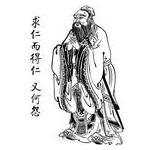

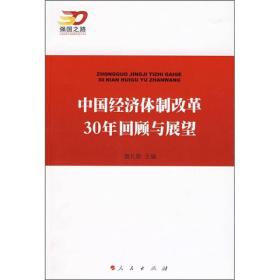

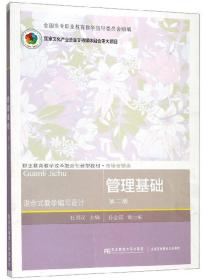
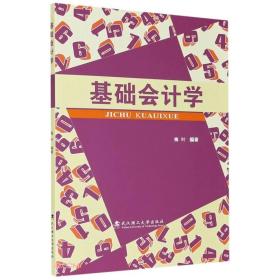
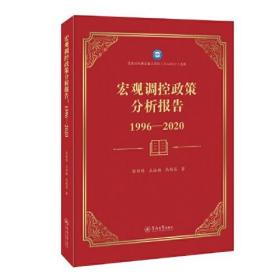










以下为对购买帮助不大的评价